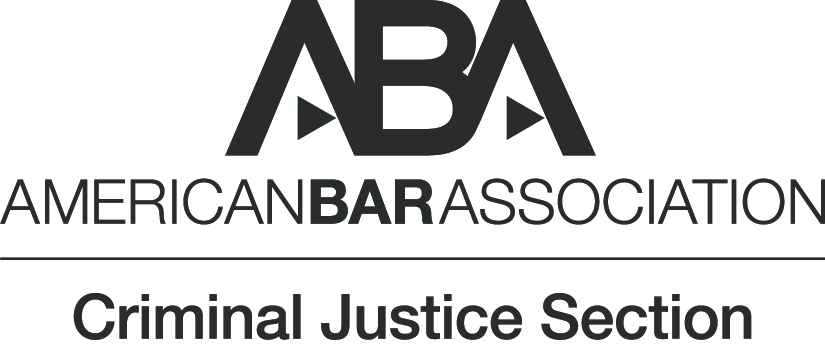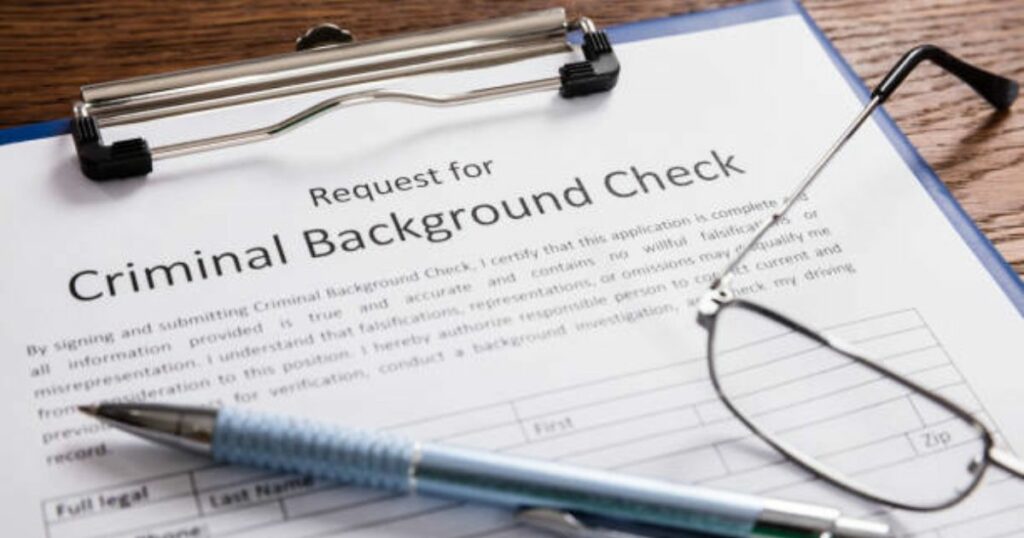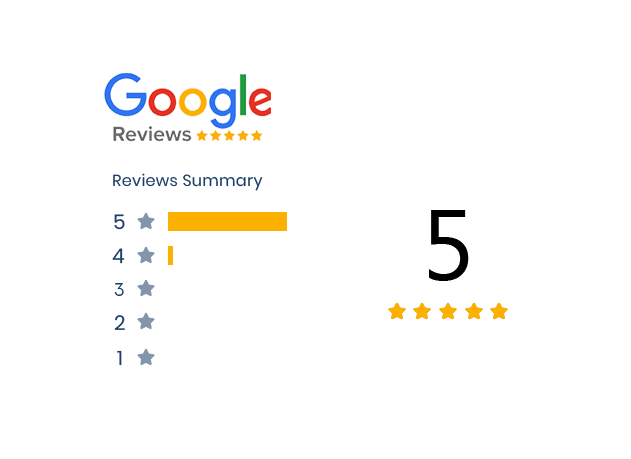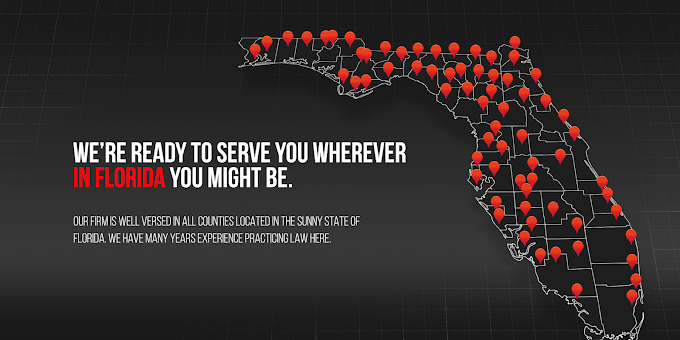






Having a clean slate is crucial in an era where information is readily available, and background checks are integral to various processes. A criminal record can significantly impact one’s opportunities for employment, housing, and even personal relationships.
However, the good news is that there are ways on how to remove criminal records from background checks. In this article, we will explore the different methods available, shedding light on how individuals can navigate the complexities of removing criminal records.
Clearing a criminal record involves navigating legal processes and understanding the options available. While the specifics may differ depending on jurisdiction, individuals can generally explore three main avenues to clear their criminal records: expungement, sealing, and obtaining a pardon.

So, you may be asking, “how to clear my criminal record?” With expungement and background check removal service, individuals can erase or seal their criminal records. This means that the records are effectively destroyed or removed from public view. Expungement is often available for individuals with minor offenses or those who have completed a rehabilitation program. It is important to note that the eligibility criteria for expungement vary by jurisdiction.
Similar to expungement, sealing a criminal record involves making the record inaccessible to the public. However, instead of erasing the record, it is securely stored and can only be accessed under certain circumstances, such as by law enforcement. Sealing is commonly an option for individuals with non-violent or juvenile charges.
A pardon means that the government grants official forgiveness of a crime. While a pardon does not erase the criminal record, it does signify that the individual has been forgiven and may restore certain rights, such as the right to vote or own firearms. Pardons are typically granted by the governor or president, depending on the jurisdiction.

Understanding the distinction between public and private databases is crucial when exploring ways on how to clear your background check.
Public databases contain information accessible to the general public, often through online platforms. On the other hand, private databases are maintained by third-party companies that provide background check services to employers, landlords, and other entities.
Removing a criminal record from a public database involves legal processes such as expungement or sealing. However, the process is more complex when it comes to private databases.
While expungement or sealing may make the record inaccessible to the public, private background check companies may only retain the information if specifically instructed to update their records.

The first step is to research the eligibility criteria for expungement, sealing, or pardon in your jurisdiction. Eligibility may depend on the nature of the offense, the time that has passed since the conviction, and whether you have completed any required rehabilitation programs.
Legal processes can be complex, and navigating them without professional guidance can be challenging. Consult with an expert attorney specializing in criminal record expungement to assess your eligibility, understand the specific procedures in your jurisdiction, and guide you through the necessary steps.
If you are eligible, file a petition for expungement or sealing with the court. This typically involves submitting specific documentation, including details about the conviction, evidence of rehabilitation, and any other required information. The court will review your case, and if approved, your criminal record will be expunged or sealed.
If expungement or sealing is not an option, explore the possibility of obtaining a pardon. This process usually requires submitting a formal application to the governor or relevant authority, explaining why you deserve forgiveness, and providing evidence of your rehabilitation.
Even after successfully clearing your record through legal means, private background check companies may still have outdated information. Contact these companies and request that they update their records to reflect the changes in your criminal history. Please provide them with the necessary legal documents to support your case.
Also Read: Do Expunged Records Show Up On Fingerprint Background Check?
The prevalence of criminal background checks in various aspects of life makes it essential for individuals to address their criminal records proactively. Here are some reasons why you should be concerned about how to clear a bad background check:
Unlock new opportunities and regain control of your future by erasing your criminal record. Erase the Case specializes in guiding individuals through expungement, sealing, and pardons. We are dedicated to helping you navigate the legal complexities, ensuring a thorough and effective resolution.
Removing yourself entirely from a background check is challenging. However, taking legal steps on how to remove criminal record from background check, addressing inaccuracies, and providing context can improve results.
Factors such as complex criminal records, delays in reference checks, and verifying education or credentials contribute to the length of a background check.
Legal processes like expungement or obtaining a pardon, government processing, and third-party verification can extend the time required to clear a background check.
A “hit” indicates a match with specified criteria in a background check. It signals the need for further examination or consideration by the requesting party.

























